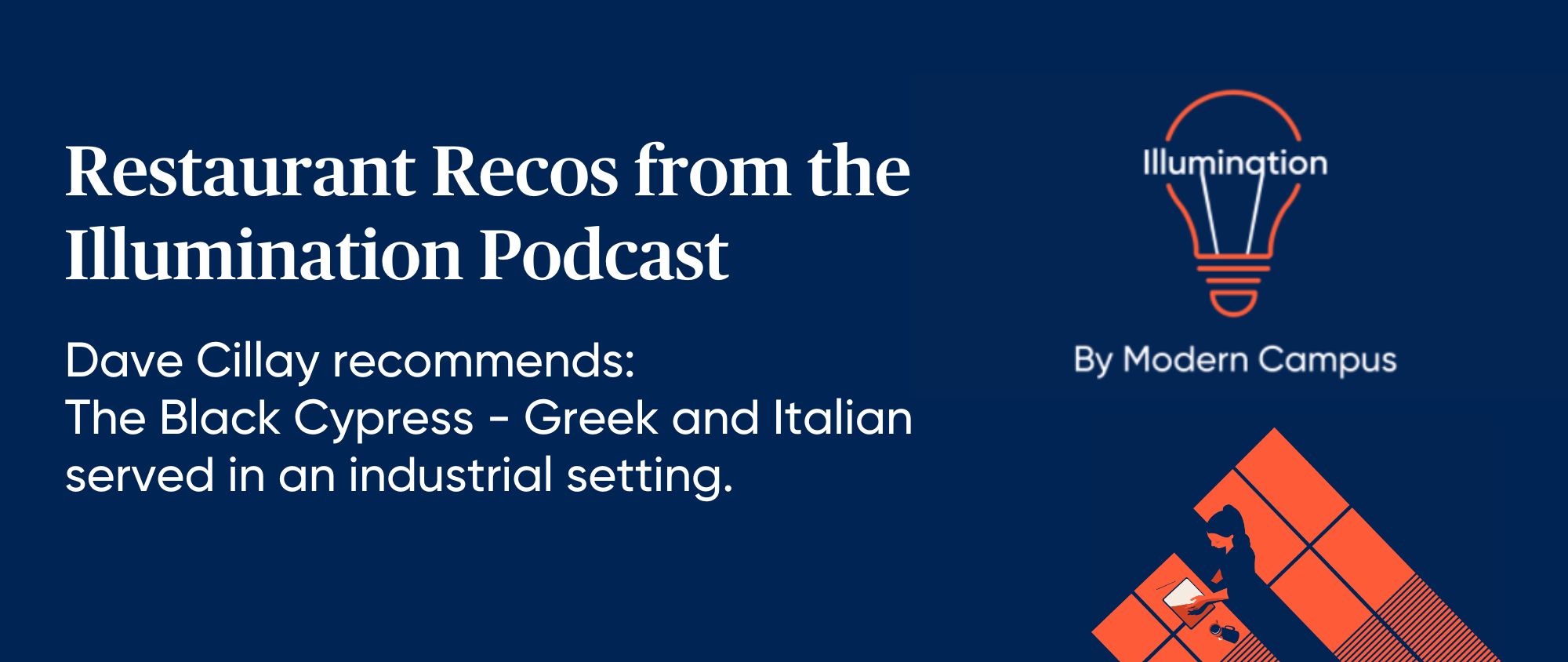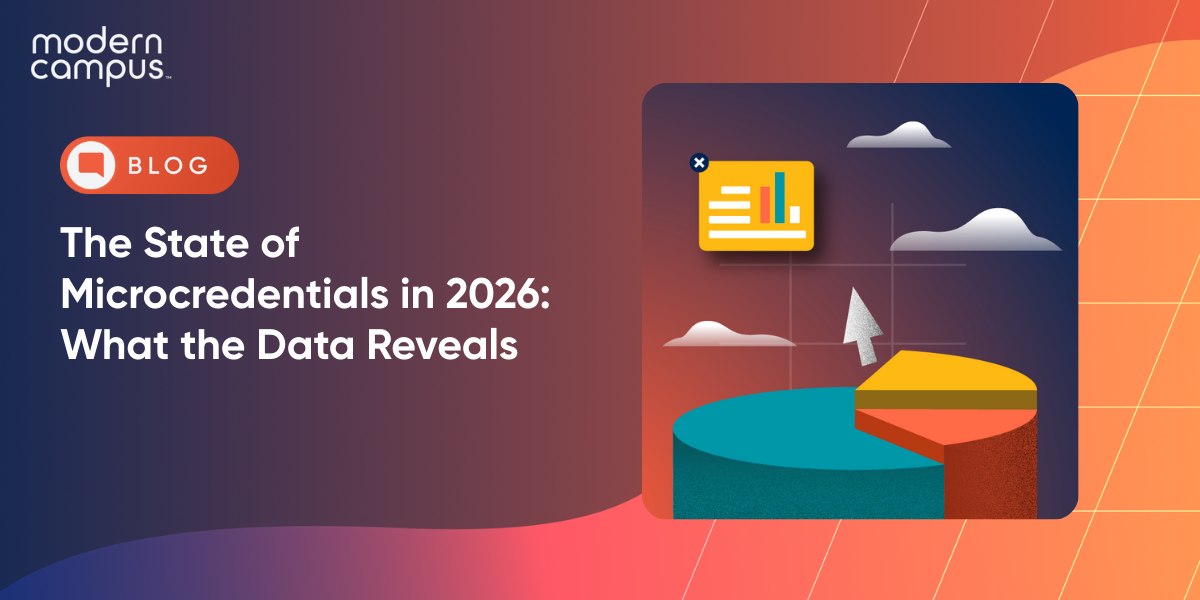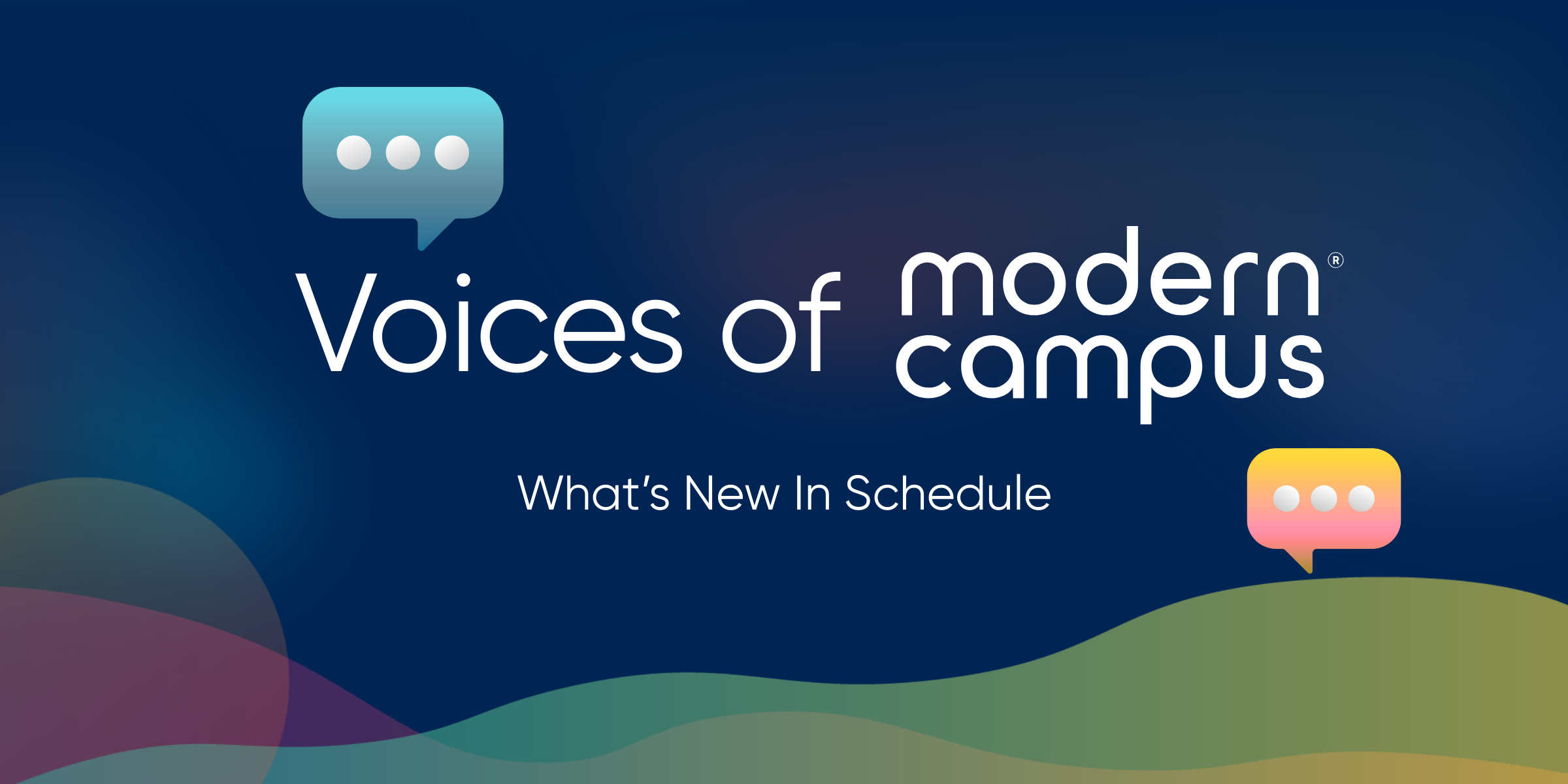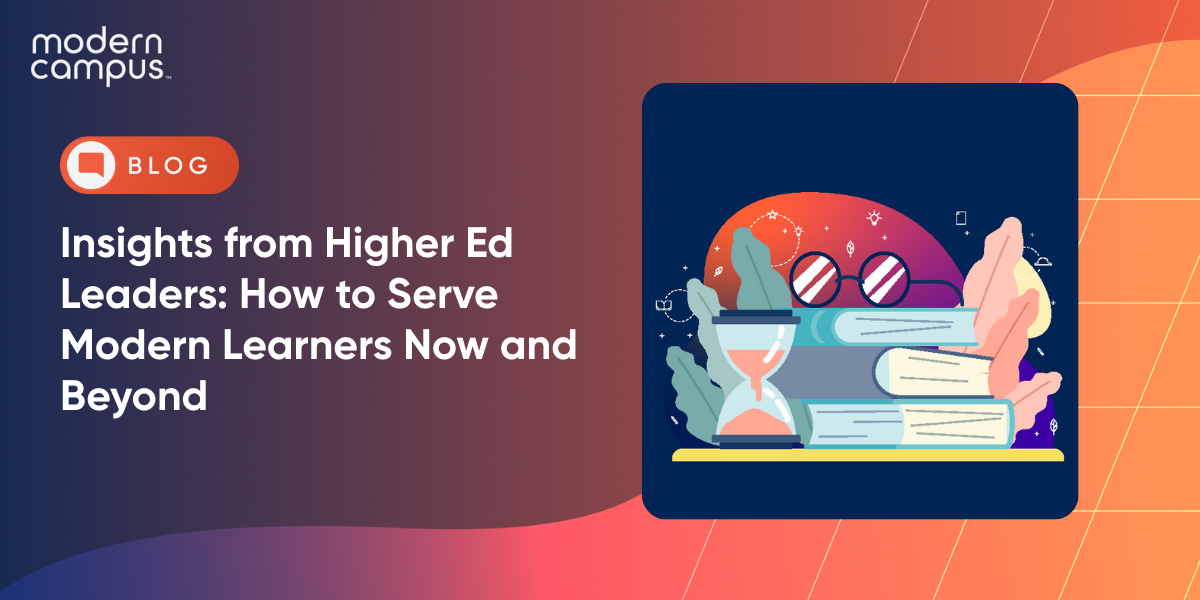Remote Leaders: How Continuing Education Paved the Way for Online Learning
Remote Leaders: How Continuing Education Paved the Way for Online Learning
Continuing education was the driver behind the shift to online learning in March 2020 for so many institutions. What could’ve been a nightmarish scenario for administrators, flocking to find the best way to reach thousands of students remotely, needed only to turn to their CE units.
On this episode of the Illumination podcast, host Amrit Ahluwalia is joined by Nancy Coleman, Dean of the Division of Continuing Education and Extension at Harvard University, and Dave Cillay, Vice President for Academic Outreach & Innovation and Chancellor of Global Campus at Washington State University. They discuss the transforming professional, continuing and online education (PCO) space, and reflect on lasting impact of the role these units played in helping their institutions adapt to the pandemic.
Professional, continuing, and online education programs are, by their very nature, creative. Adaptability is woven into the DNA of the unit, and putting boundaries around that would smother future changes.
“If you look at the higher ed sector in general, colleges and universities differ from one another is where people report, what kind of degrees they offer, and the financial resources they have on hand,” Cillay says. “A lot of these changes are grown out of necessity and opportunity, rather than a clear vision of what PCO may look like.”
Day by day, non-traditional learners are becoming a bigger part of the student population — just as alternative credentials are playing more of a role in what’s on a graduate’s resume.
Students who enroll straight out of high school but leave after a few semesters have a wealth of knowledge but nothing to show for it.
“We need an opportunity who completes their first two years to get a credential recognized by their industry,” Cillay says.
The pandemic taught PCO units a ton about what students are expecting, specifically about empowering students to forget their own experiences based on their unique goals and interests.
Flexible pathways with alternative and stackable credentials are one way to allow for tailored experiences.
“We’ve been using stickability and alternative credentials to be more creative and innovative,” Coleman says. “We’re driving people towards some completion or some type of credential, but it’s on their own terms and they can really craft things based on their interest levels. That’s really fascinating to us.”
It’s exactly that flexibility that students needed during the pandemic.
Remote learning and online ed became the norm seemingly overnight, and the units that had the infrastructure in place to accommodate thousands of online students are now teaching other units within their institutions.
“From Harvard’s perspective, we were already equipped to do remote learning,” Coleman says. “We had been moving to a flexible format for years, so it wasn’t that difficult of a transition for us since we already had the basics laid out.”
Originally, Coleman didn’t know if online ed would work for everyone during the pandemic.
“I was one of the people saying it would take away 15 years of forward momentum,” she said.
Washington State University had a similar experience in March 2020, with instructors and administrators asking Cillay for assistance.
“We set up a series of workshops, office hours and virtual training sessions,” Cillay says. “We were able to pivot in about two weeks, and continued to run training sessions all throughout the spring and summer of 2020.”
Oftentimes, new ideas introduced to higher ed are met with criticism, concern and questioning. But WSU embraced the shift to online in order to ensure a smooth transition for students.
A willingness to embrace a new idea starts with the campus culture and campus culture starts at the top — with administrators like Coleman and Cillay leading the way.
Listen to This Episode
Listen on Apple Podcasts Listen on SpotifyRSS Feed
Last updated: September 16, 2022



